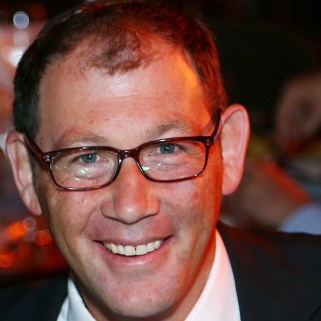
News

Trending in truth
MICHAEL SIEFF
But sometimes conversations revolve around distorted and fictitious versions of Chev policy, the challenges we face and the demographics and statistics of SA Jewry.
It’s a strange phenomenon that people are often so loathe to admit ignorance about something, suggesting that it is far worse to say “I don’t know”, than to offer subjective opinions and suppositions as facts.
Perhaps this need to present ourselves as being in possession of privileged and extensive information is a general human flaw – a universal urge to be better than we are, and sound smarter? To compound the issue, it is said that the more often something is repeated, the more it is believed.
But circulating and spreading untruths can, and does, cause havoc. In this day and age when social media offers infinite opportunities for people to pontificate in chat rooms, on blogs and on Facebook groups, the habit takes on an ever more ominous dimension.
Here are just two pronouncements I recently saw online:
“All aged Jews in SA have been abandoned by their families who have emigrated.”
“The shuls are all empty, everyone has left.”
We understand the enormous power of words and how repeating untruths adds credibility to them. So I’d like to suggest that we launch a “new” mode of behaviour by making the truth popular. Let’s demand that people provide credible sources when they generalise. Let’s challenge them to back up their words with real evidence, or remain silent and admit they don’t know.
Let’s trend in truth – in person, on our cells and on the Internet – and set the example for others by watching our own words and demanding that they watch theirs.
May our partnership continue to thrive!




